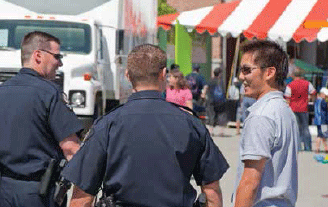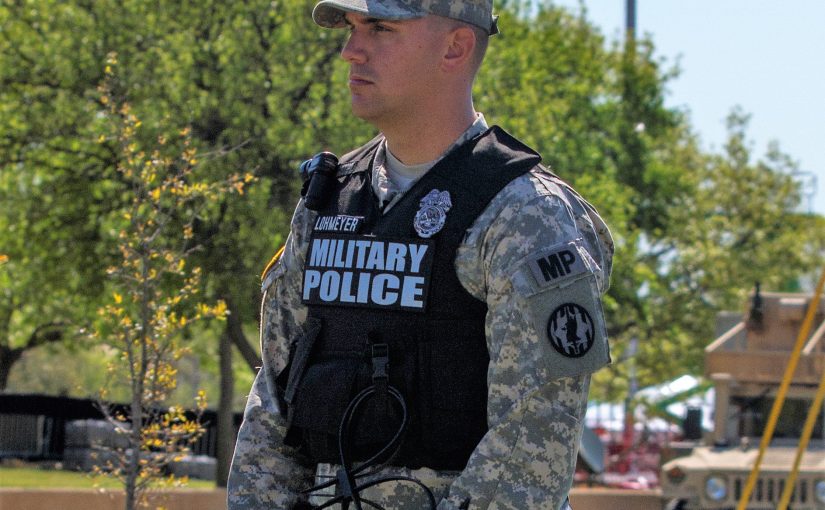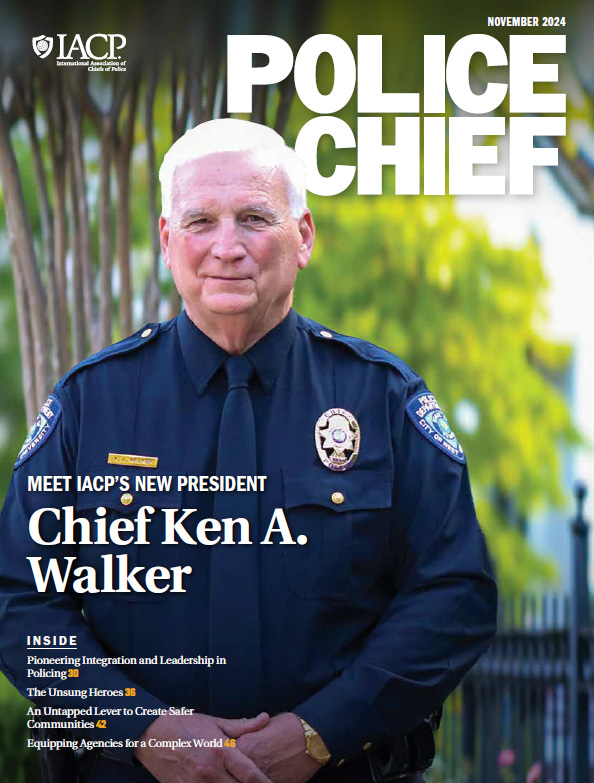
Share
The philosophical side of policing commands a greater appreciation for the gray force issues officers are confronted with on a daily basis. Unlike the guidelines for police use of deadly force that ar...

Share
There have been three primary phases in the recent history of U.S. policing. The political era (1840–1930) was characterized by close ties between police and politicians with an emphasis on appeasin...

Share
In March 2006, Spokane, Washington, police officer Karl Thompson responded to a robbery call at an ATM. Arriving in the area, Officer Thompson observed an individual who met the suspect’s descriptio...

Share
Over the past 30 years, policing has made the challenging move from an occupation to a profession. The advancements in the uses of technology, heightened requirements in hiring processes, higher level...

Share
Community policing has historically been centered on collaborations with neighborhood and business groups. More recently, law enforcement has seen the value of expanding those relationships to the man...
Share
In the aftermath of the Ferguson, Missouri, incident and other highly visible force incidents, public trust and confidence in the police has been shattered in cities across the United States. As a res...
Share
Over the past two decades, CompStat has been widely used by police executives as a tool to increase accountability for crime problems in specific districts or precincts. Although CompStat is controver...

Share
Over the past decade, the U.S. military gained significant experience training civilian police in Iraq and Afghanistan; yet, many military professionals still lack a clear operational understanding of...



